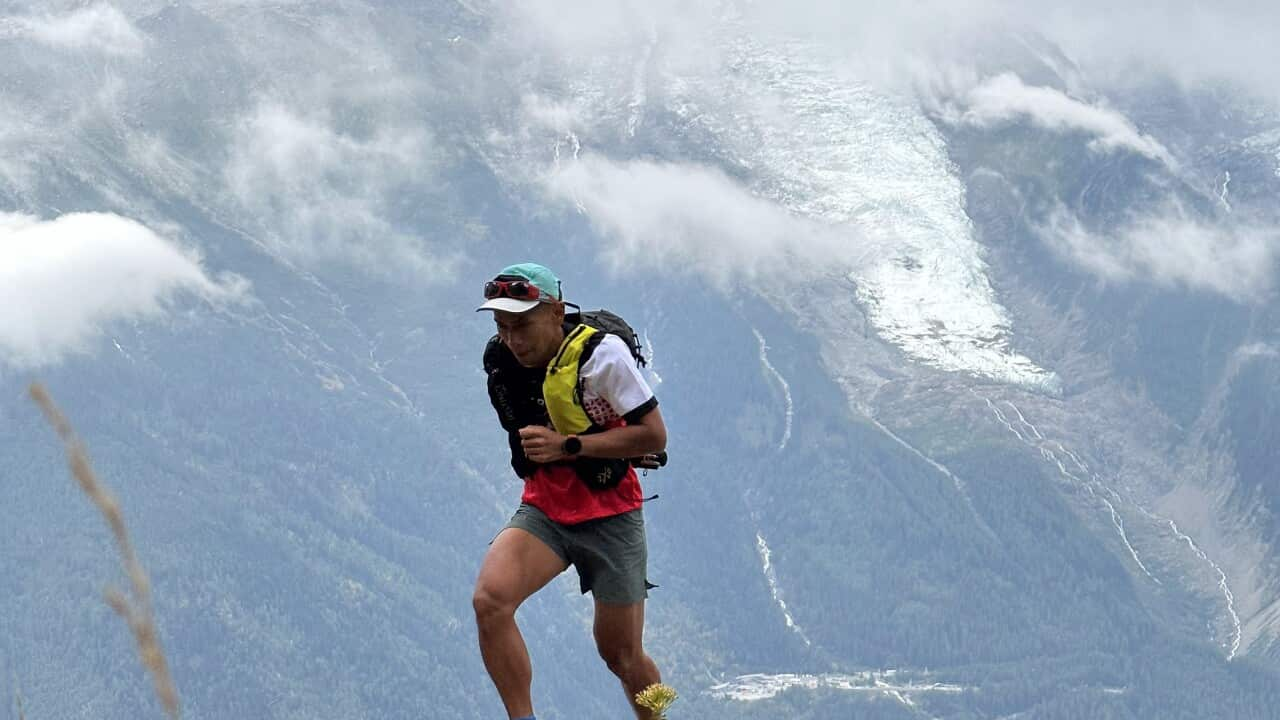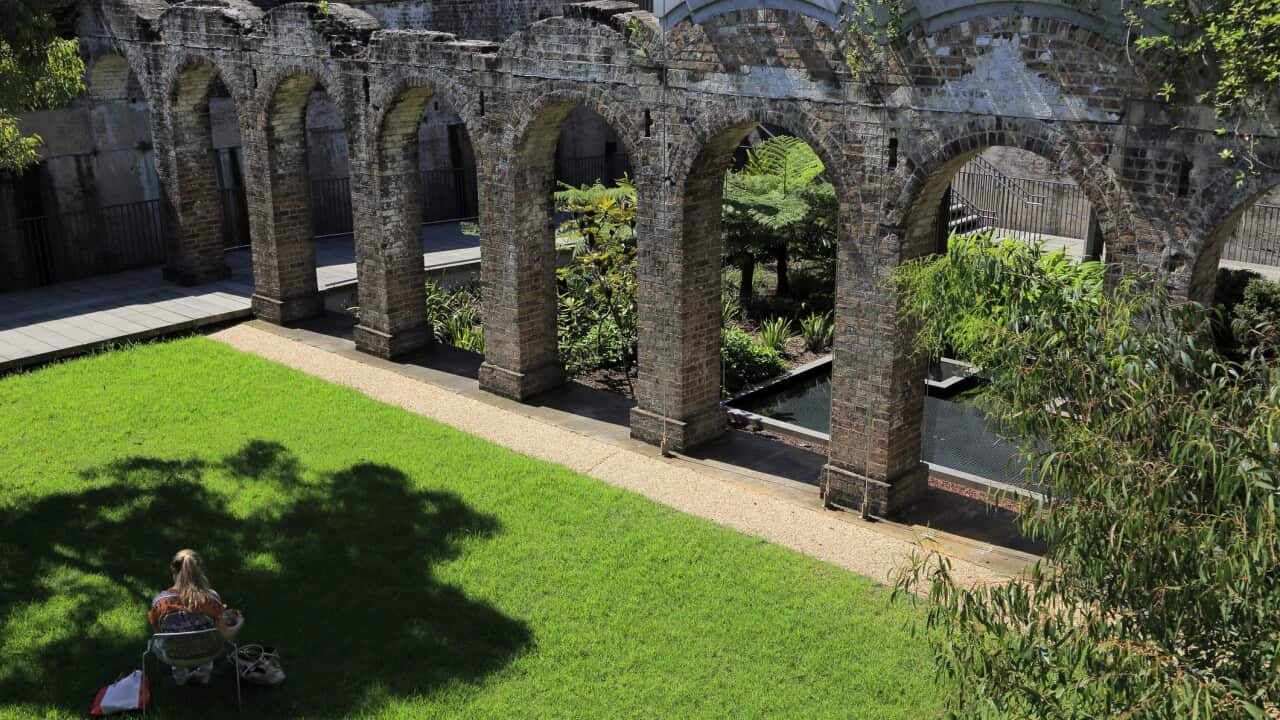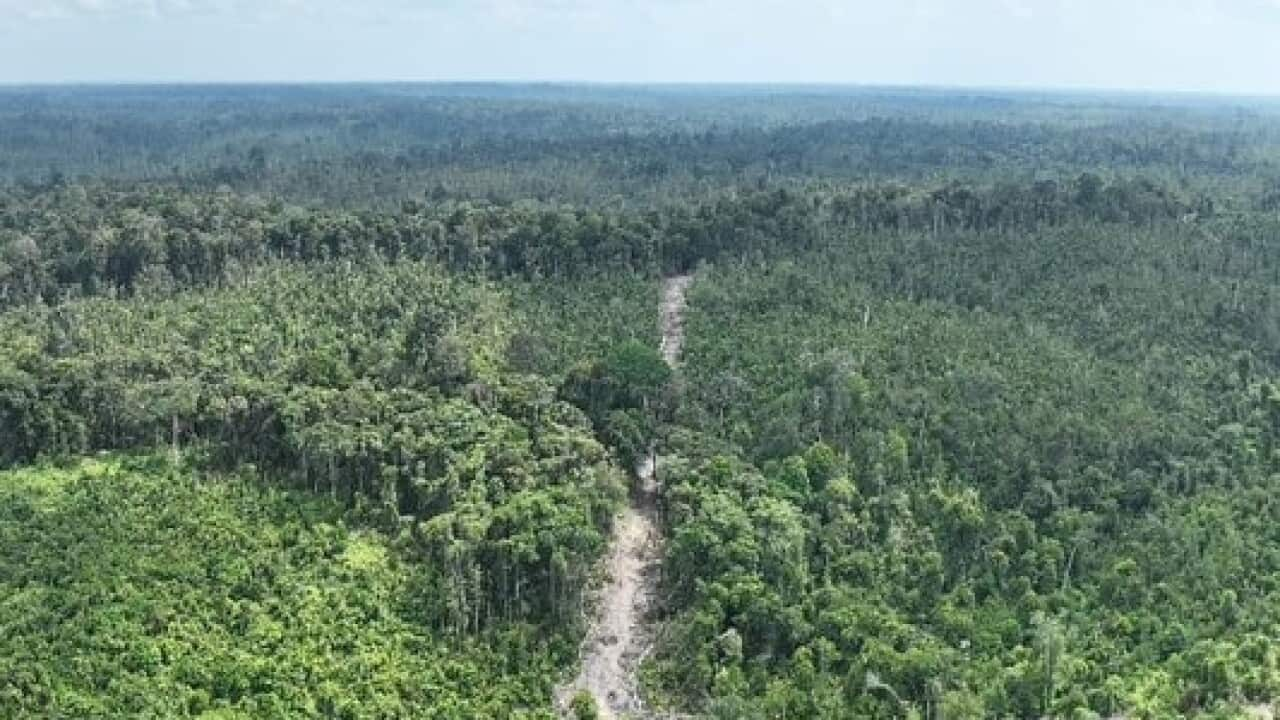“Physical preparation”: This is the key to successful mountaineering according to professional climber, Fandhi Achmad, who has conquered various peaks such as Rinjani, Kilimanjaro, Denali, Elbrus and Carstensz Pyramid.
Mountaineering is not about conquering peaks, but about readiness, awareness, and enjoyment in the process. That's the philosophy of Fandhi Ahmad, or Agi, who is a professional mountaineer and trail running athlete.
With experience of climbing 70% of Indonesia's mountains and some of the world's peaks, Fandhi has important input on mountaineering preparation.
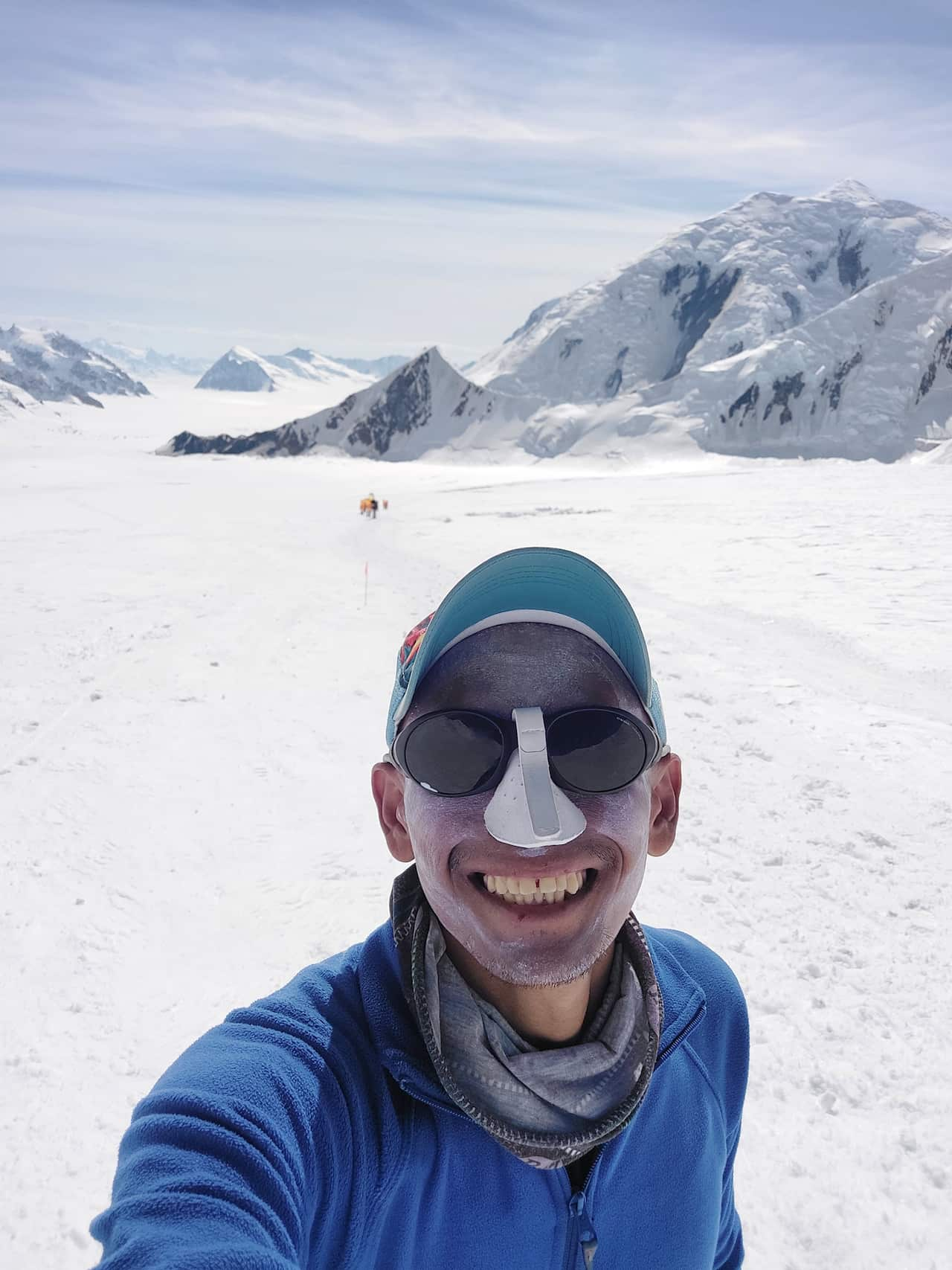
Credit: Fandhi Achmad
The main key that Fandhi emphasizes is a minimum of three months' physical preparation before climbing. “If we want to do strenuous activity, we have to have a fit body. It is enough to exercise anything - run, bike - at least 30 minutes a day,” Fandhi said.
This preparation is not only about safety, but also enjoyment. “If we are already desperate, let's not look at the scenery, we wonder how to breathe. It's different if we do good physical preparation, so we can enjoy the beauty of the mountains,” Fandhi added.
Then, Fandhi recommends basic supplies: food, drinks, tents or warm and waterproof clothing, medicines, as well as lighting for a few days of climbing.
Knowledge and assessment of conditions
In addition to physical fitness, Fandhi emphasizes the importance of studying terrain, weather, and gear.
The experience at the Carstensz Pyramid became a vivid example of the importance of condition assessment. While accompanying the 10-year-old, Fandhi decided to back off after climbing 200 metres because he judged the speed too slow. “If there are a dozen you can, but it's dangerous when you go down. Finally I said let's go down, rest for a day, just try again with good weather,” he said.
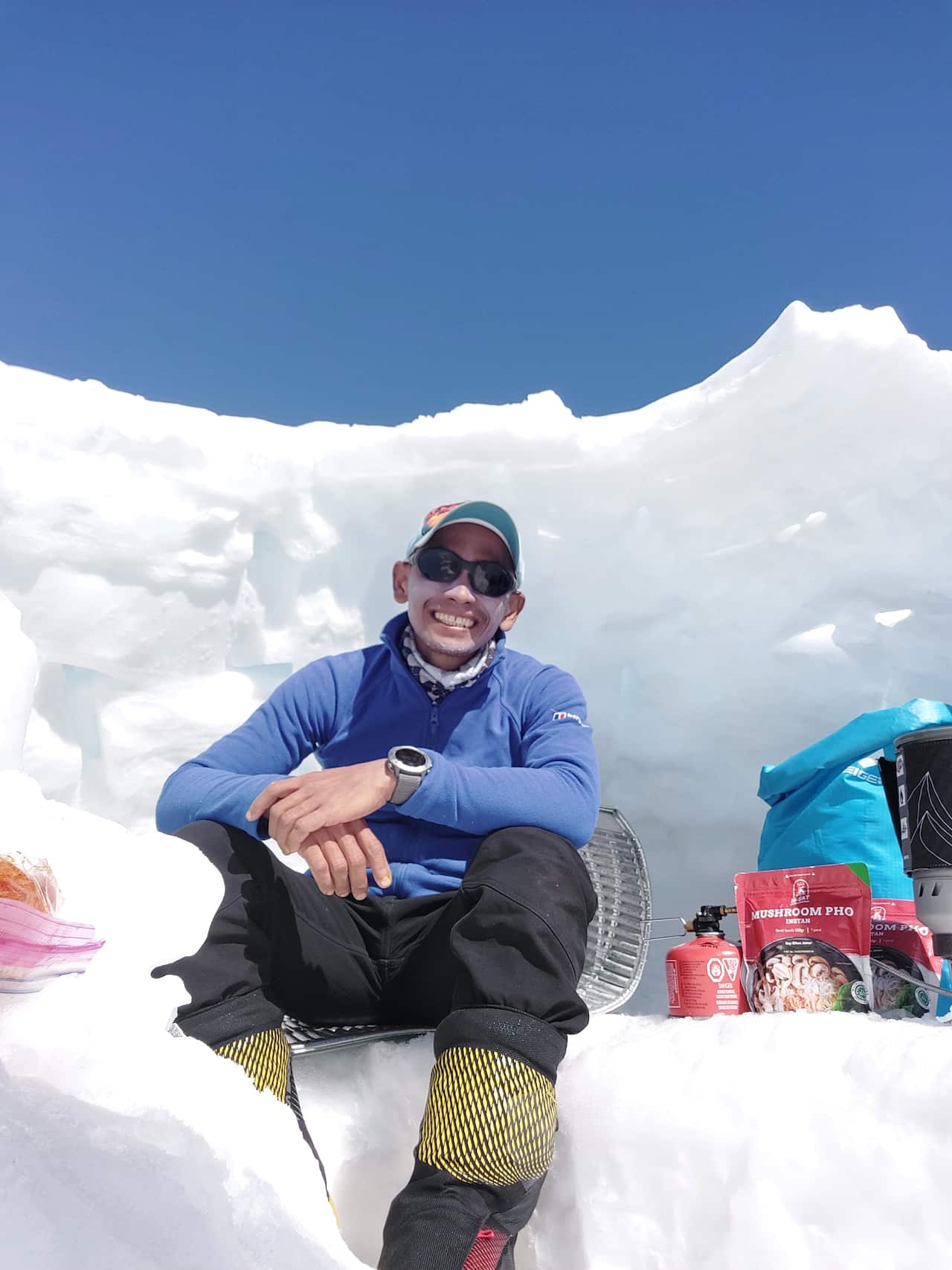
Credit: Fandhi Achmad
According to him, the guide should dare to take difficult decisions. “If he is ready, he should dare to say 'you can't, 'and be told to come down. Don't be forced because the end is dangerous,” Fandhi said.
Adjustment for Altitude
For mountains above 3,000 meters, Fandhi says that acclimatisation, although it will make the climbing time long, is an important process to prevent climbers from becoming ill.
“Ideally every addition of 500 meters of height. The principle is 'climb high, sleep low' - climb high then go down overnight below it,” Fandhi said.
Half the journey at the top of
Fandhi says that reaching the new peak is half the journey. “The next one is still a long way down,” he said.
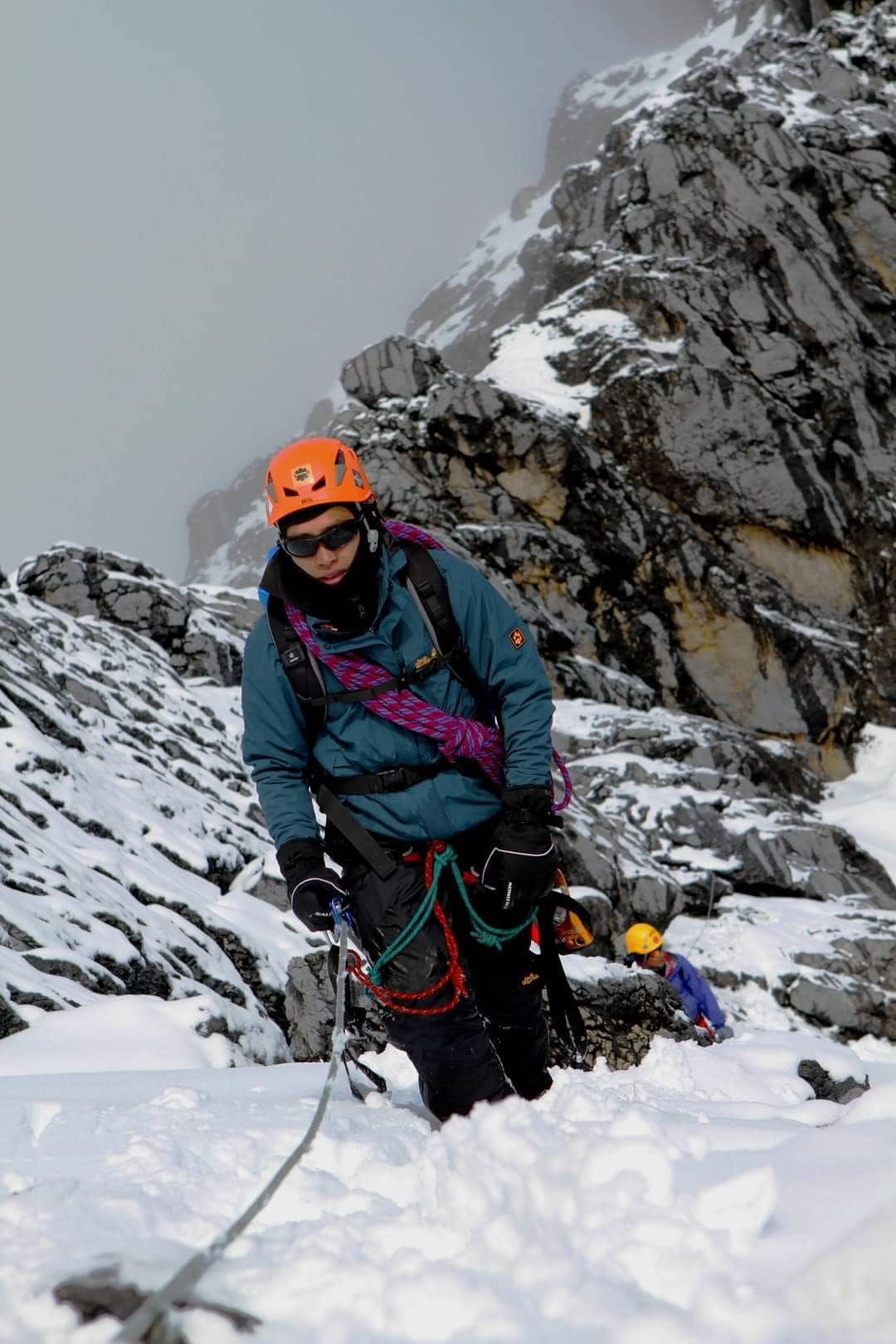
Credit: Fandhi Achmad
